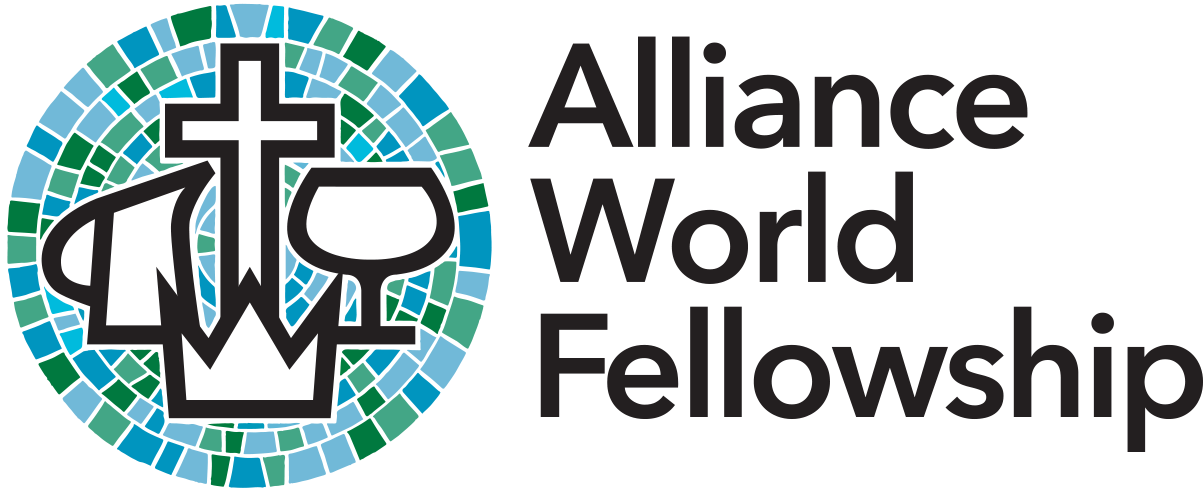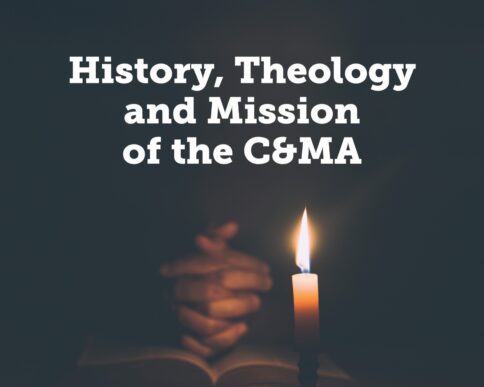Missionaries Brave Congo’s Challenges to Reach Pygmy Communities
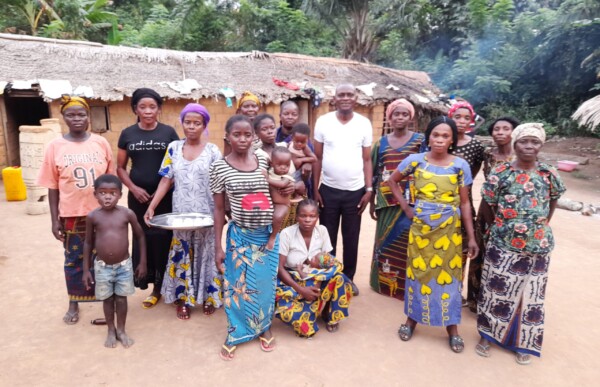
Related News
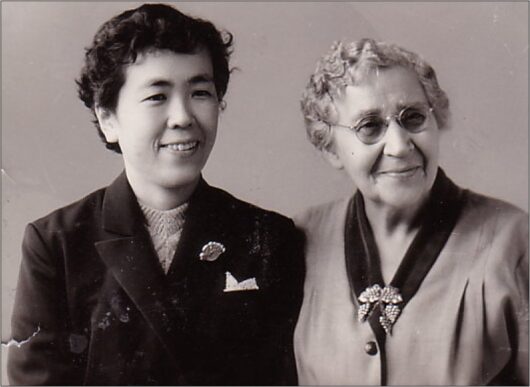
Mutsuko Ninomiya: Pioneer Missionary from Japan to Brazil
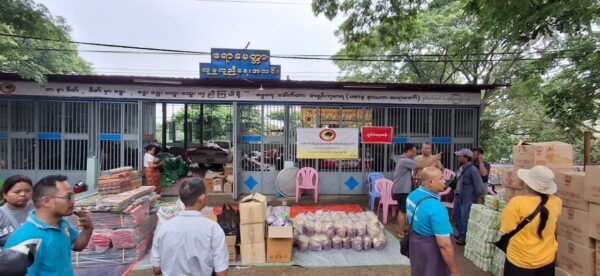
Alliance Churches in Thailand and Myanmar Respond to Dual Crises
In their latest mission to the Grand Equateur region, two dedicated missionary families have been diligently working to bring the gospel to the Pygmy communities.
Despite dangerous conditions and difficult access, Mimy and Philémon Ngandunu, along with Tity and Martin Bosongo, have brought hope and light to some of the most remote areas of Congo DRC.
The mission began in 2004 when Rev. Denis Emmanuel Kombetassie, the Regional Missions Coordinator for AWF Africa, first felt called to reach the Pygmies. Supported by the Alliance World Fellowship (AWF) and inspired by the testimony of Sir Bram Krol, a Dutch missionary and researcher, Pastor Kombetassie embarked on a journey into the equatorial forest to meet this unreached group. “After reading the testimony … I began to make missionary expeditions to the equatorial forest to meet this truly unreached people, the Pygmies,” he recalls. Since 2004, Kombetassie has led multiple expeditions into the region, building relationships and planting the seeds of faith among the Pygmy people.
The challenges of reaching these communities are immense. Pygmies, known as the “First Citizens of Congo DRC,” live in forested, often marshy areas and lead nomadic lives. As a result, they have largely escaped the development that has reached other parts of Congo DRC. Kombetassie explains, “There is no school, no hospital, and no development structure in their area.” Despite these obstacles, the mission has made significant strides, planting four churches in the Pygmy communities of Bolya, Yakata, Lwasa, and Bolaka. Two medical centers and two schools have also been established, although they continue to suffer from a lack of resources.
The Efe Pygmies, numbering approximately 54,000, are primarily found in Congo’s Orientale and Nord-Kivu provinces, while the Twa Pygmies, about 53,000 in number, live near the borders of Rwanda and Burundi. Historically, both groups thrived as hunters and gatherers, deeply connected to the dense rainforests of the Congo Basin. Today, however, their traditional ways of life are being replaced by reliance on farming communities and manual labor. Over 80% of the Twa have embraced Christianity, and more than half of the Efe have also converted.
Arriving safely after a perilous journey through dangerous waters during the months of May and June 2024, the missionaries were warmly welcomed by the Pygmies and Bantu people. This acceptance means hope for the families, who have committed to serving for the next four years. “We often have baptisms in the Pygmies field in different villages. The last was in July. We have four churches in their area. They have reached over 2,000 people,” adds Kombetassie, a significant milestone for the community.
As the missionaries settle into their mission, their work extends beyond spiritual teaching. They aim to establish a health post for the Bolya population and support a primary school, seeking government authorization to ensure that teachers’ salaries are covered. The need is pressing. Medical supplies, educational infrastructure, and places of worship are desperately needed. A total of $126,000 over four years is required to sustain and expand the missions’ efforts. This includes $40,000 for a primary school in Bolya and $35,000 for churches in seven locations.
“The area is hard. That’s why there are not many missionaries there,” Kombetassie admits. Yet, these missionary families have braved the difficult conditions, fueled by a desire to train and raise local leaders. They seek to equip local workers for the mission, ensuring the sustainability of their efforts. “We are working to train them,” he says, expressing hope for the future. But the infrastructure challenges remain. “Wood houses for the churches are a good idea,” he muses, as they continue to plan for long-term stability.
Despite the hardships, Kombetassie extends an invitation for others to join the mission. “If you would like to go and visit, you are very welcome,” he says, calling those drawn to explore, support, or pray for the region.
For thousands of years, the Efe and Twa Pygmies have lived in harmony with their environment, relying on hunting and gathering to sustain their communities. Deforestation and modernization, however, have diminished their ability to live off the land, forcing them to cultivate fields near roadways and seek economic opportunities outside the forest. Families now live in precarious conditions, without furniture, mattresses, or adequate food, as work is inconsistent. Despite these difficulties, they remain receptive to missionaries and eager for the love and hope the gospel brings.
Their marginalization is evident in the scarcity of dedicated healthcare and education facilities in their regions. The mission needs prayers and tangible support, with donations crucial for its continued success. One of the most urgent needs is a high-speed boat, which would enable faster, safer travel along the Congo River, a vital lifeline for the mission’s work. Together, we can help bring hope and transformation to the Grand Equateur region, ensuring these communities can thrive both spiritually and physically. “Let’s keep praying for our brothers and sisters,” says Kombetassie, “as they move forward sharing God’s love among these communities.”
With perseverance, faith, and community support, these missionaries hope to leave a lasting impact in a region where their presence is both needed and cherished.
